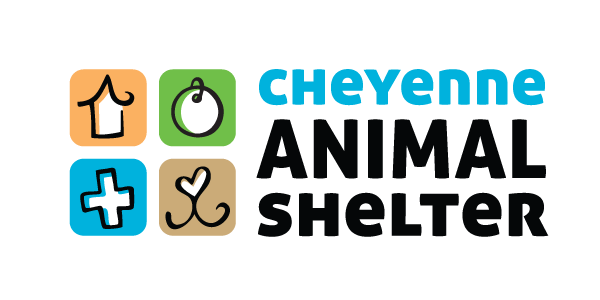Cheyenne Animal Shelter Implements Intake Diversion for Cats During Feline Panleukopenia Outbreak
The Cheyenne Animal Shelter has had several cats become sick with Feline Panleukopenia and is implementing intake diversion strategies to help prevent continued spread within the building. Feline panleukopenia, also known as the feline distemper or feline parvo, is a highly contagious virus that mostly affects unvaccinated kittens. Symptoms include fatigue, vomiting, diarrhea, and death. It is spread when a cat or kitten comes into contact with infected feces, vomit, nasal discharge and other bodily excretions. It does not affect people or other types of animals such as dogs. Over the past six weeks, nearly 200 stray cats and kittens have come into the shelter, none of whom come with any history of vaccination.
Illness such as Feline Panleukopenia spreads quickly in an animal shelter setting and requires additional protective measures for cleaning and intake to help decrease the spread. The Cheyenne Animal Shelter is committed to the well being of the cats in our care and has created an outbreak management plan based on industry best practices.
As of today, August 31st, the Shelter is implementing intake diversion strategies for cats and is asking for the public’s help. For any owners needing to surrender their cat, we are asking that you keep your cat home for the next week while we quarantine the existing population. All stray cats that are healthy and uninjured should be left in their location, as they are most likely owned or cared for. If you find underage kittens and determine for certain that their mother is not around, you are encouraged to contact the Shelter to be set up as a foster home for those kittens. The Shelter will provide necessary supplies and resources to support the care of the kittens in your home until they are old enough to be adopted. The Shelter is still open for phone calls to help find solutions and to keep open communication about the status of cat intakes.
The Shelter cat housing has been categorized according to risk, exposure and symptoms with specific cleaning and handling protocols. Any cats that are sick are being treated with supportive care including subQ fluids, antibiotics and anti-nausea medications, while all other housing areas are being monitored and quarantined. The quarantine time for Panleukopenia is a minimum of 14 days, increasing the average stay and cost of care per cat by almost 30%.
In addition to helping with intake diversion, the community can support the Cheyenne Animal Shelter in several ways. Many supplies are needed to help during the quarantine period, including disposable litter boxes or cardboard flats, bleach, disposable medical gowns, gently used towels and blankets, and kitten food; all of these items can be found on our Amazon wish list linked at cheyenneanimalshelter.org. Monetary donations also help to offset the additional cost of care for housing cats for an extended period and for any additional medical supplies. You can also support the Shelter by volunteering or adopting one of the available cats.
The Cheyenne Animal Shelter will continue to update the public on how the cats in our care are doing and appreciate the patience and support of the community. For additional information and ongoing updates, visit the Cheyenne Animal Shelter website blog at cheyenneanimalshelter.org or sign up to receive our e-newsletter.


